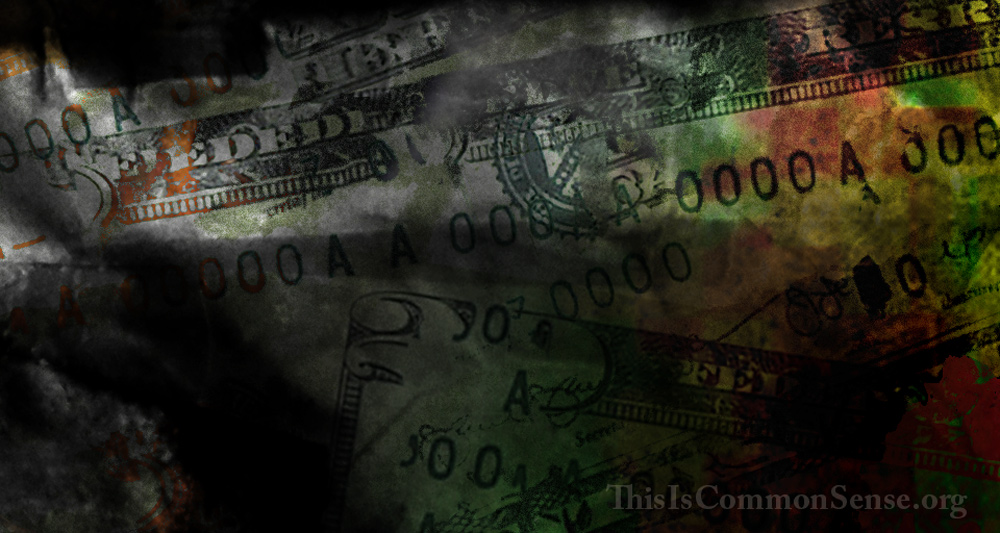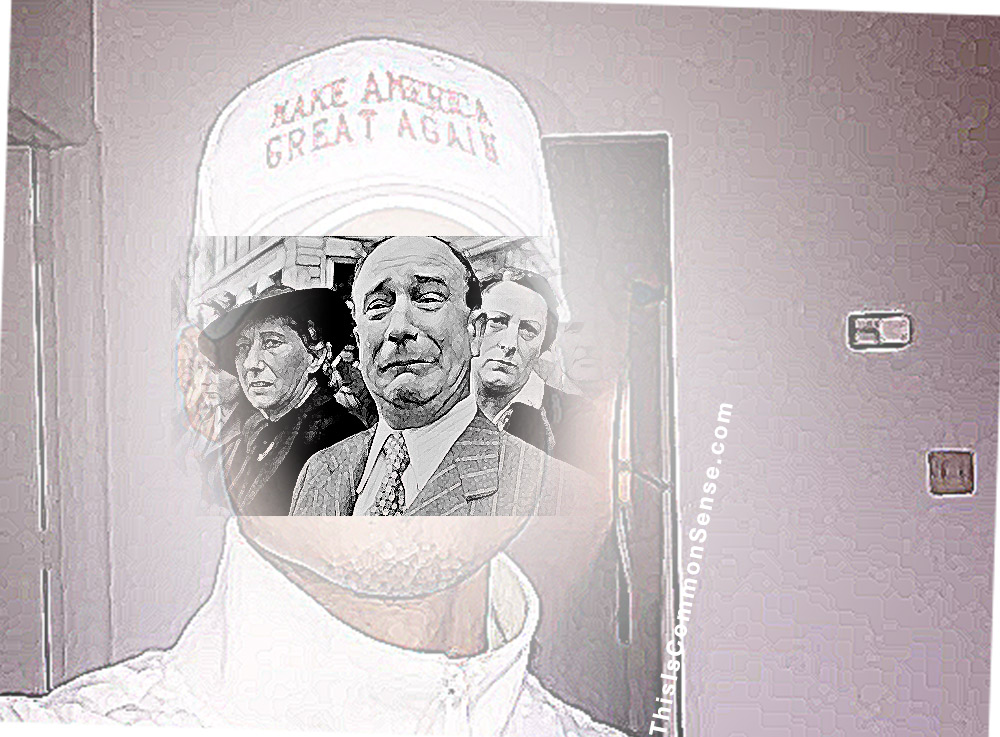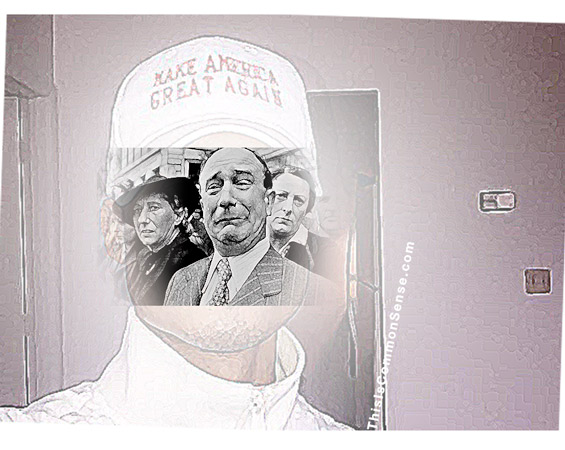Harriett Tubman was an American hero, the great Underground Railroad liberator of slaves, worthy of many honors.
But should she grace the $20 Federal Reserve Note?
This issue was raised during the Obama administration, when movement was made towards swapping the current Gracer of the Note, President Andrew Jackson, for Tubman. But President Trump stalled the swap.
Now, with Biden in office, it’s back!
How should we “feel” about it?
As I explained in 2016, Tubman is my kind of hero. Jackson, on the other hand, was great with his opposition to the Second National Bank, but his horrific removal of the Cherokee left a great stain on his reputation. Much different for Tubman — a criminal in her day, a secular saint in ours. Jackson owned slaves; Tubman freed slaves.
Yet, take a step back:
Is it an honor to be on a Federal Reserve Note?
The American dollar has been in jeopardy for a very long time — at least since President Richard Milhous Nixon closed the Treasury’s gold window, but probably since the forming of the Federal Reserve . . . our plutocratic “Third National Bank.”
Why place someone as excellent as Tubman onto a doomed currency?
The argument to keep Andy Jackson there is stronger than putting Ms. Tubman on it: he opposed central banking, and to festoon his likeness on the second most-used note of our central bank’s denominational line-up is a way of dishonoring him.
The reason today’s Democrats want to remove their party’s first president from the Twenty is the very reason to keep him on.
But if they must replace, a better candidate might be . . . Dick Nixon.
This is Common Sense. I’m Paul Jacob.
—
See all recent commentary
(simplified and organized)


